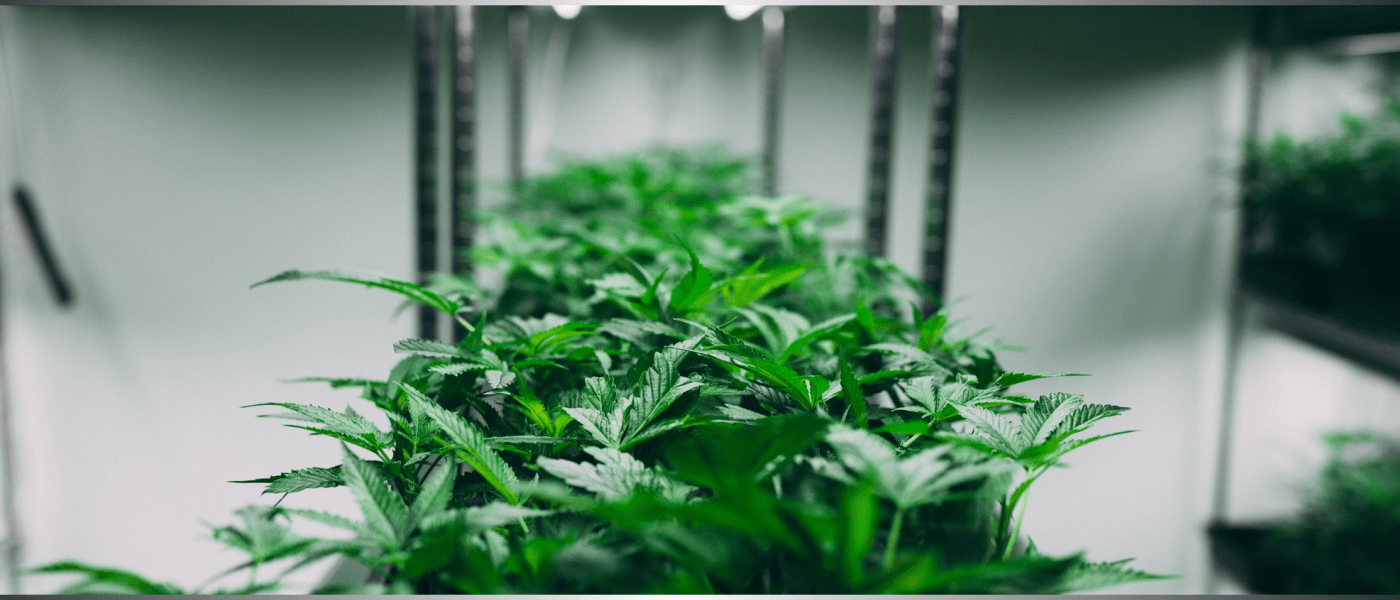
The End of Hemp in Virginia?
In recent years, hemp has emerged as a promising crop in Virginia, with farmers, manufacturers, and consumers embracing the versatile plant for its myriad uses. However, a new bill introduced in the state legislature has threatened to upend the industry and deprive consumers of their favorite hemp-derived products.
Senate Bill 903, if passed, would ban smokable hemp and other hemp-derived products, effectively curtailing the growth of the industry and limiting consumer choice.
In this article, we will explore the potential implications of SB 903 and what it could mean for the future of hemp in Virginia. We will also provide information on how individuals can take action to prevent the bill from becoming law and safeguard the future of this vital industry.
Background on Hemp in Virginia
Hemp has a long and storied history in Virginia, dating back to colonial times when it was widely cultivated for use in textiles, rope, and paper. However, with the passage of the Act of 1937, hemp production was effectively banned in the United States, leading to a decline in its cultivation and use.
In recent years, however, hemp has come back in Virginia and other states, thanks in part to the 2018 Farm Bill, which legalized hemp production and removed it from the list of controlled substances. Today, hemp is grown across the state, with farmers producing everything from fiber and seed to CBD oil and other hemp-derived products.
The hemp industry has become essential to Virginia’s agricultural landscape, providing new opportunities for farmers and businesses. According to a report by Virginia Tech, hemp production in the state generated over $10 million in economic impact in 2019, with over 2,000 acres planted and 200 registered growers.
Hemp production has also helped to support research and development in the state. Virginia Tech, for example, has established a hemp research program to study the plant’s potential uses and benefits.
With its many uses and benefits, hemp has become a valuable crop for Virginia and its residents, offering a sustainable and profitable alternative to traditional crops. However, the potential passage of SB 903 threatens to undermine this progress and halt the industry’s growth.
Overview of SB 903 in Virginia
SB 903 is a complex and wide-ranging bill that seeks to regulate the production, sale, and use of industrial hemp and hemp-derived products by adding new laws and regulations to the Virginal law on hemp.
At its core, the bill aims to limit the amount of THC that can be included in hemp products or extracts and establish packaging, labeling, and testing requirements for these products. Additionally, the bill creates a series of civil penalties for violations of these regulations, ranging from $10,000 fines to class 1 misdemeanors.
While the bill’s sponsors argue that these measures are necessary to ensure public safety and prevent the misuse of hemp-derived products, critics argue that SB 903 would have a chilling effect on the industry and limit consumer choice.
One of the bill’s most contentious provisions is the ban on smokable hemp, which has become increasingly popular in Virginia and other states as a non-psychoactive alternative to traditional tobacco products.
If the bill were to become law, it would significantly impact the hemp industry in Virginia, curtailing the market’s growth and limiting the availability of certain products. This, in turn, could have negative economic consequences for farmers, manufacturers, and retailers who have invested in the industry.
Implications of SB 903
The implications of SB 903 are far-reaching and could have a significant impact on the hemp industry in Virginia. One of the most immediate effects of the bill would be to limit the amount of THC that can be included in hemp products or extracts, which could reduce the effectiveness of these products for many users.
Another significant implication of the bill is the ban on smokable hemp, which would prevent consumers from accessing one of the most popular and widely used forms of hemp-derived products. This ban could also lead to a reduction in demand for hemp products. Overall, many consumers prefer smokable hemp over other forms of consumption.
Additionally, the bill’s packaging, labeling, and testing requirements could be costly and burdensome for many small businesses and farmers in the hemp industry. These requirements could also limit the ability of new companies to enter the market, stifling innovation and growth.
Perhaps most concerning is the potential impact of the bill on farmers and rural communities in Virginia who have come to rely on hemp as a source of income and economic growth. If SB 903 became law, it could significantly reduce demand for hemp products, which would have negative economic consequences for these communities.
How This Bill Affects You
One concern is that regulating cannabis in Virginia could result in a lack of attention and resources for the hemp industry. It could decrease the availability of hemp products, particularly if farmers and processors are struggling to compete with new cannabis growers and sellers.
Additionally, there is a potential for cross-pollination between hemp and cannabis crops, which could decrease the potency of hemp crops. It could impact the availability and quality of hemp-derived products, such as CBD oil.
However, it’s important to note that the impact of SB 903 on the availability of hemp products in Virginia is uncertain at this time. The hemp industry in Virginia is still relatively new and rapidly evolving, and it is not yet clear how the legalization of cannabis will impact the industry in the long term.
While there are potential concerns about SB 903 on the availability of hemp products in Virginia, it is not yet clear how significant these impacts will be.
How SB 903 Affects Legal Hemp Farmers in Virginia
One of the major negative impacts of SB 903 was that it reduced the maximum THC level allowed in hemp plants from 1% to 0.3%. This change means that hemp plants with a THC level above 0.3% would be considered illegal and subject to state and federal drug laws.
This reduction in the THC limit is a significant issue for hemp farmers, making it more difficult for them to produce high-quality legal hemp Virginia. Hemp plants with a THC level below 1% are easier to grow and yield higher, making them more profitable for farmers.
However, with the THC limit reduced to 0.3%, farmers need to invest in more expensive cultivation techniques and equipment to ensure that their hemp plants remain within the legal limit.
Another negative impact of SB 903 is that it requires hemp farmers to test their crops 15 days before harvest. This testing requirement adds an additional expense to farmers, as they need to pay for the testing, which can cost several hundred dollars per sample.
Additionally, the testing requirement may lead to delays in harvesting, which can reduce the quality of the hemp and decrease the overall yield.
Finally, SB 903 also creates more stringent regulations around the transportation of hemp. Under the bill, hemp transporters must carry a certificate of analysis, which can be costly and time-consuming to obtain. Additionally, hemp transporters can be subject to random searches, which may lead to delays in transportation and increased costs.
Taking Action
If you are concerned about the potential impact of SB 903 on the hemp industry in Virginia, there are several things you can do to make your voice heard. First and foremost, you can contact your local representatives in Virginia law and express your opposition to the bill. This can be done by phone, email, or letter and can help to ensure that your concerns are heard by those who have the power to influence the outcome of the legislation.
Additionally, you can support local organizations and advocacy groups working to protect Virginia’s hemp industry. These groups can provide valuable resources, information, and support for individuals interested in getting involved and making a difference.
In conclusion, SB 903 represents a significant threat to the future of the hemp industry in Virginia. Whether through contacting our elected representatives, supporting advocacy groups, or simply staying informed, we can all play a role in safeguarding the future of hemp in Virginia. By staying informed and taking action, we can work together to prevent the bill from becoming law and protect the future of this vital industry.
Conclusion
In conclusion, SB 903 represents a significant challenge to the hemp industry in Virginia. The bill’s restrictions on THC content, a ban on smokable hemp, and packaging, labeling, and testing requirements could limit the effectiveness of hemp products, reduce demand for these products, and impose high costs on small businesses and farmers.
However, there is still hope for the future of hemp in Virginia. By educating ourselves about the bill’s potential consequences, contacting our local politicians to voice our concerns, and working together to protect the industry, we can ensure that consumers have access to safe and effective hemp-derived products. Also, farmers and rural communities can continue to benefit from this important industry.
Contact us to learn more about how you can play your part in fighting the negative effects of SB 903 and keep high-quality hemp products accessible to all.


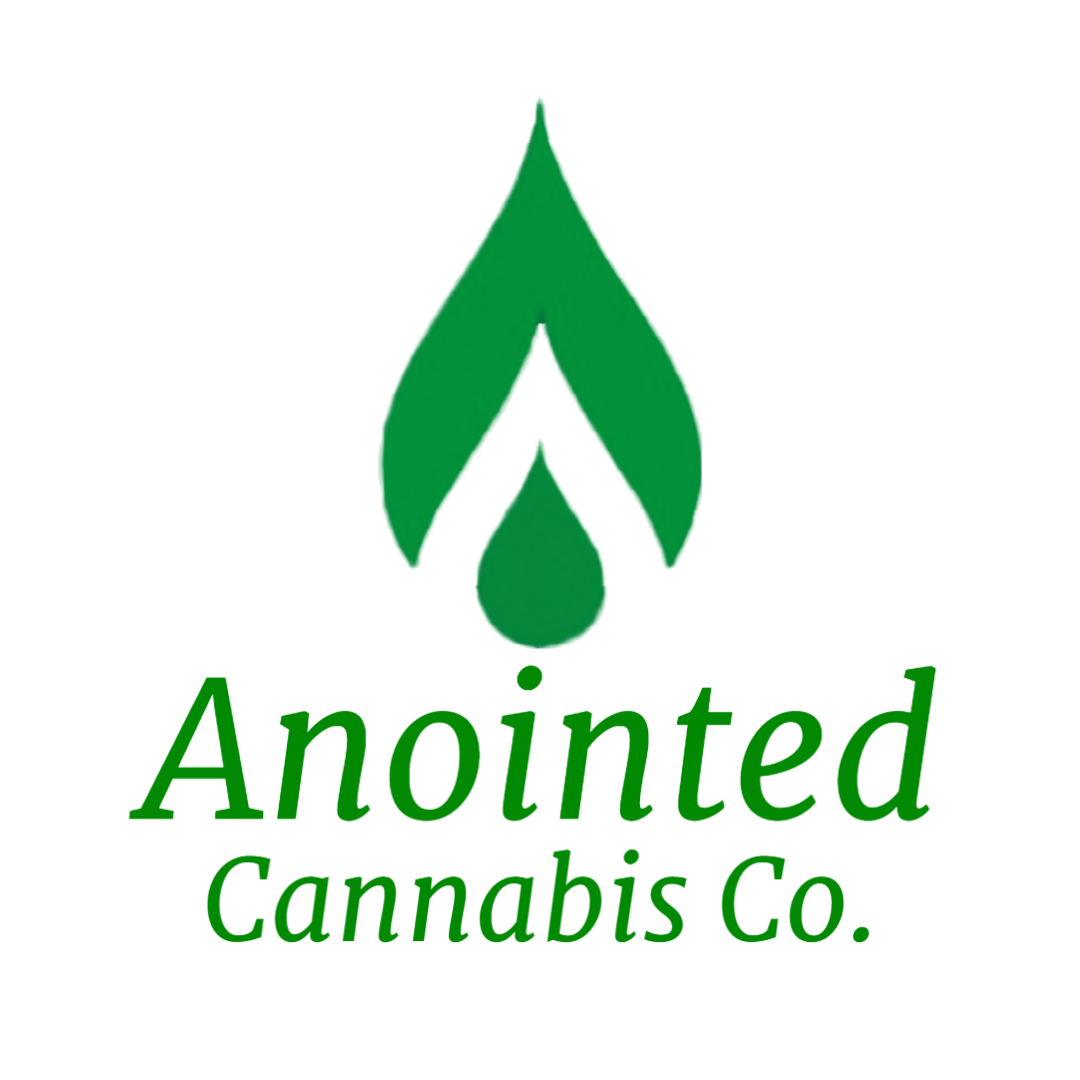



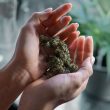
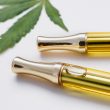
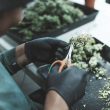

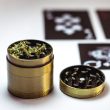

Broderick Oneal
This was beautiful Admin. Thank you for your reflections.
נערות ליוויsex
It is all about how people percieve things. Personally I agree with the statement but I also do not mind other people’s view points.
I like this website too:
נערות ליווי בקריות
تميز المصنع
The factory’s adherence to environmental sustainability is demonstrated through their use of eco-friendly materials and energy-efficient manufacturing practices. Elitepipe Plastic Factory
Luis Hale
I am truly thankful to the owner of this web site who has shared this fantastic piece of writing at at this place.
Pompy Ciepła
I wanted to express my gratitude for this well-written and insightful post. It’s evident that you’ve gone above and beyond to deliver valuable information. Thank you for enriching our understanding with your work!
Zion Houston
I often find myself lost in the captivating content of this blog. It’s like getting lost in a world of valuable information.
Mariana Rollins
Pretty! This has been a really wonderful post. Many thanks for providing these details.
Cherish Velez
I appreciate you sharing this blog post. Thanks Again. Cool.
tuzla escort
You’re so awesome! I don’t believe I have read a single thing like that before. So great to find someone with some original thoughts on this topic. Really.. thank you for starting this up. This website is something that is needed on the internet, someone with a little originality!
Beltéri led szalag
This is really interesting, You’re a very skilled blogger. I’ve joined your feed and look forward to seeking more of your magnificent post. Also, I’ve shared your site in my social networks!
Technology_uvmi
How AI Is Changing the World
Izabelle Castaneda
I do not even understand how I ended up here, but I assumed this publish used to be great
poly water service line
Awesome! Its genuinely remarkable post, I have got much clear idea regarding from this post
Biuro nieruchomości
I’m really grateful for this post. It’s clear that you’ve put a lot of effort into providing comprehensive information. It has provided me with new insights and a fresh perspective. Your dedication to sharing valuable content is commendable. Thank you for your work!
hebohqq
You’re so awesome! I don’t believe I have read a single thing like that before. So great to find someone with some original thoughts on this topic. Really.. thank you for starting this up. This website is something that is needed on the internet, someone with a little originality!
instagram takipçi satın al
smm panel
squid teck
very informative articles or reviews at this time.
poker online
You’re so awesome! I don’t believe I have read a single thing like that before. So great to find someone with some original thoughts on this topic. Really.. thank you for starting this up. This website is something that is needed on the internet, someone with a little originality!
Surbhi
Your website has saved me countless hours of searching for movie information. The reviews, release dates, and recommendations are spot-on. Keep up the excellent work!
Agriturismo reggio emilia
I just like the helpful information you provide in your articles
Barbaterre acuista vino online
I’m often to blogging and i really appreciate your content. The article has actually peaks my interest. I’m going to bookmark your web site and maintain checking for brand spanking new information.
Tutorials_iyol
Finding the Best Tutorials and Tips
Barbaterre – Wine Shop
I just like the helpful information you provide in your articles
Komponenty OŹE
I stumbled upon your blog and I must say, your post is fantastic! It’s informative, well-written, and easy to understand. Thank you for sharing your expertise!
Earn With YouTube In 2024
This was beautiful Admin. Thank you for your reflections.
Evan Reid
Pretty! This has been a really wonderful post. Many thanks for providing these details.
Kolby Brown
Awesome! Its genuinely remarkable post, I have got much clear idea regarding from this post
Patrick Roach
You’re so awesome! I don’t believe I have read a single thing like that before. So great to find someone with some original thoughts on this topic. Really.. thank you for starting this up. This website is something that is needed on the internet, someone with a little originality!
Gotowe mieszanki do Gofrów
I stumbled upon your blog and I must say, your post is fantastic! It’s informative, well-written, and easy to understand. Thank you for sharing your expertise!
Crystal George
Nice post. I learn something totally new and challenging on websites
Lindsey Haley
Hi there to all, for the reason that I am genuinely keen of reading this website’s post to be updated on a regular basis. It carries pleasant stuff.